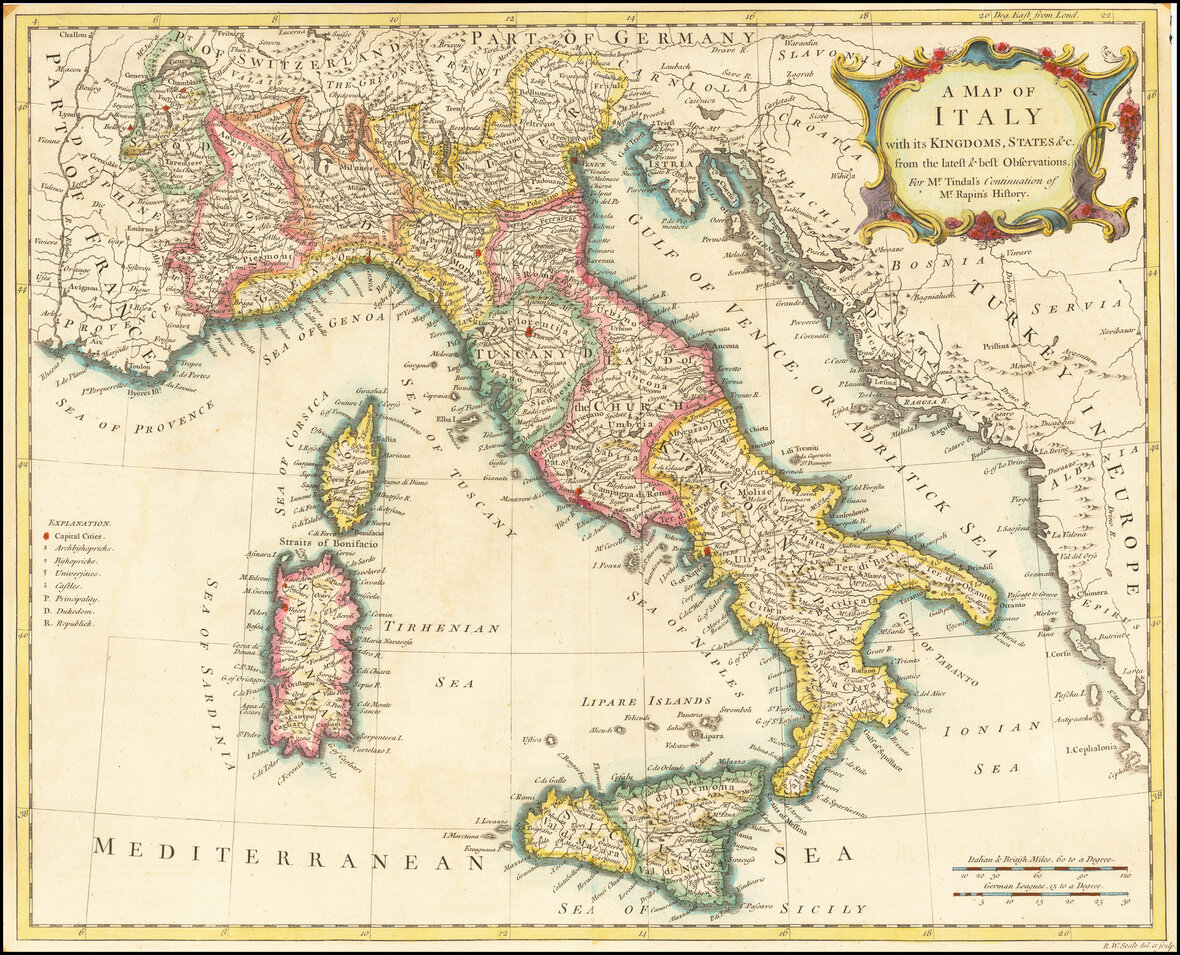Actual Project
"In the Celebrated Land of Provence"
Knowledge Migration from Provence to Italy and the Jewish Philosophical Tradition, ca. 1400-1600
The project aims to explore the transfer of philosophical works from southern France to northern and central Italy in the 15th and 16th centuries, while also examining the impact of this transfer on the Jewish communities of Italy. The main hypothesis is that this "journey" of knowledge had a profound and transformative influence on the thinking of Italian Jews, which was later reflected in the development of other Jewish philosophical centers, mainly in northern Europe.
About the project
It builds on the following preliminary observations: (1) Provençal philosophical materials had a decisive and transformative impact on Italian Jewish erudite culture at an era coeval with the rise of the Italian Renaissance, and at the same time (2) Italian scribes and printers played a pivotal role in preserving the Provençal works for future generations, also outside Italy. The project’s central hypothesis is that these complementary phenomena - the impact of Provence on Italian culture and the function of Italian protagonists in carrying forward the Provençal heritage - jointly constitute one of the most significant chapters in Jewish intellectual history of the premodern era, that was never studied systematically.
By reconstructing this chapter, the project will challenge the prevalent historiographical convention that sets Provence and Italy as dichotomic representations of two premodern Jewish cultures, the ‘Scholastic’ vs the ‘Renaissance.’ Instead, it locates the two centers along the spectrum of a Jewish philosophical tradition that spans from Spain through Provence and Italy to Germany and beyond.



